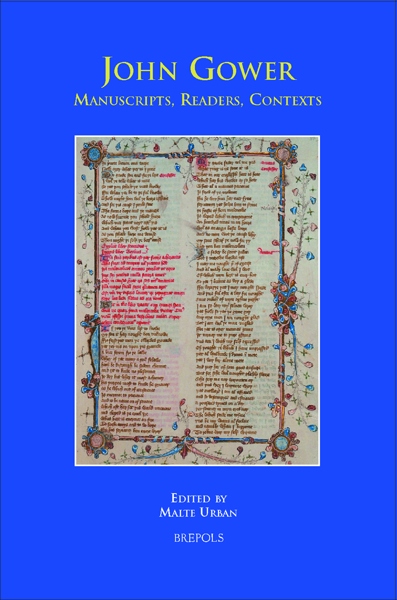
John Gower
View publication
This books sheds light on a previously neglected theme - that of the meaning and function of virtues in a political context - by analysing Latin texts (occasionally in combination with vernacular ones) from the thirteenth to fifteenth centuries that define, legitimize, or criticize secular rule by using catalogues of virtues, originating from ancient philosophy as well as Christian moral theology.
"The papers still serve to demonstrate that medieval expectations of the behaviour of their rulers were as complex and as varied as they are today. The volume is to be commended for demonstrating that the literature of moral advice is indeed worthy of study." (C. Mews, in: The Medieval Review, 09.01.08)